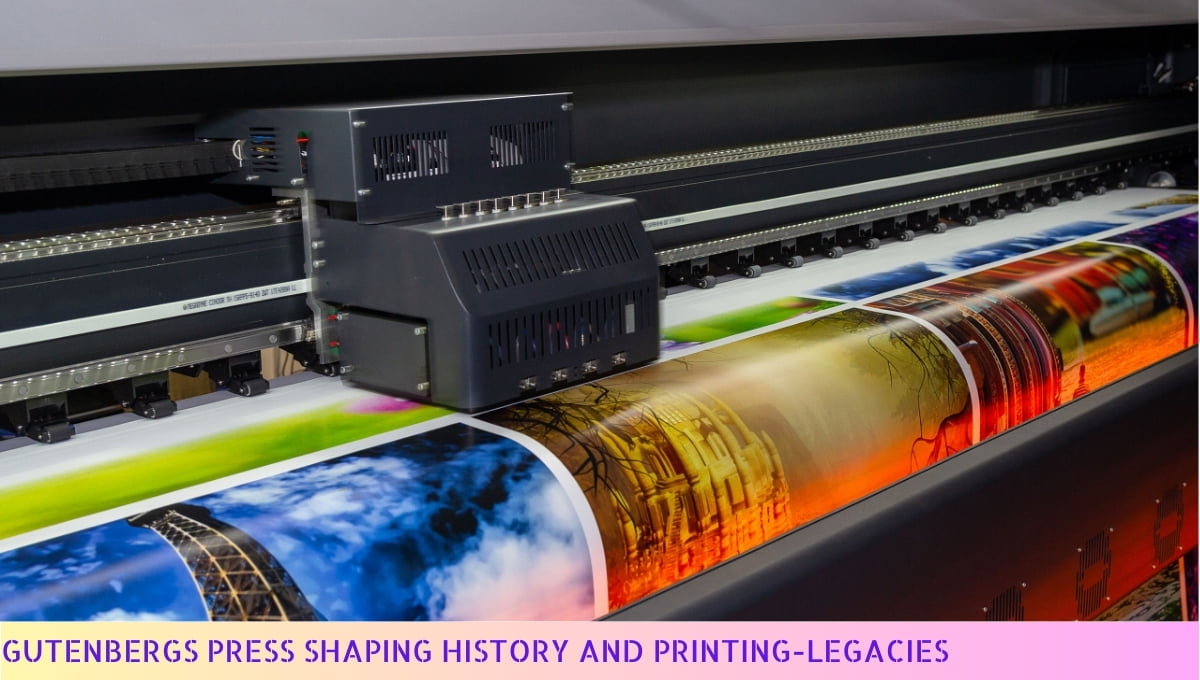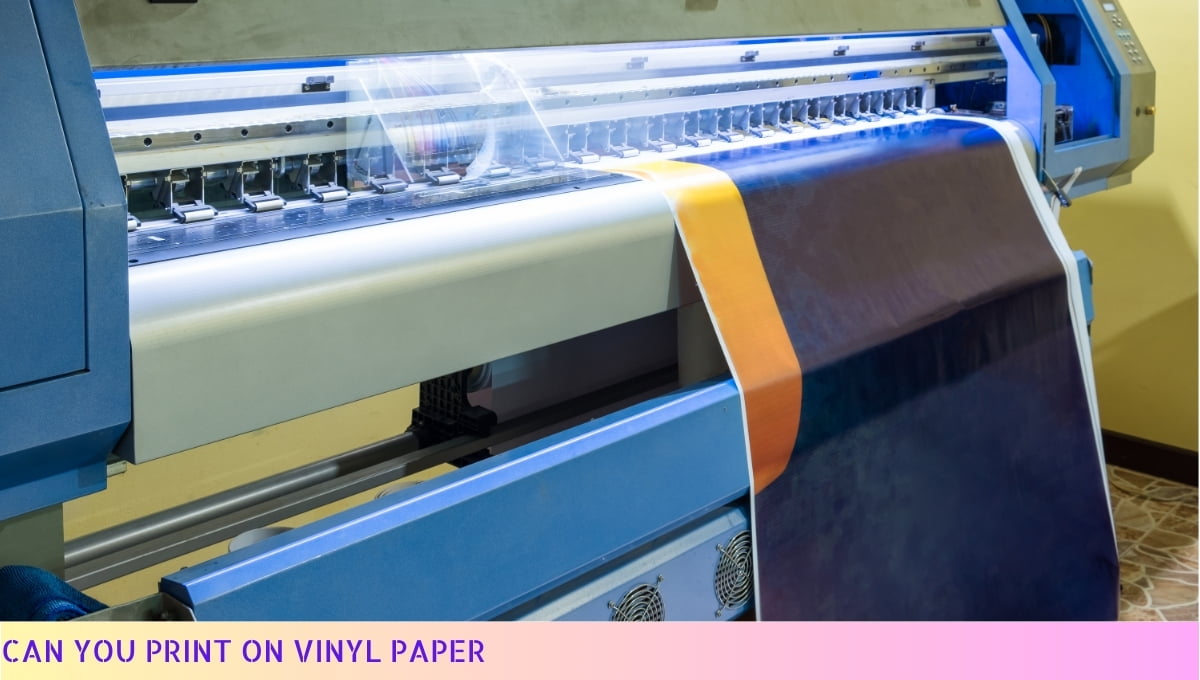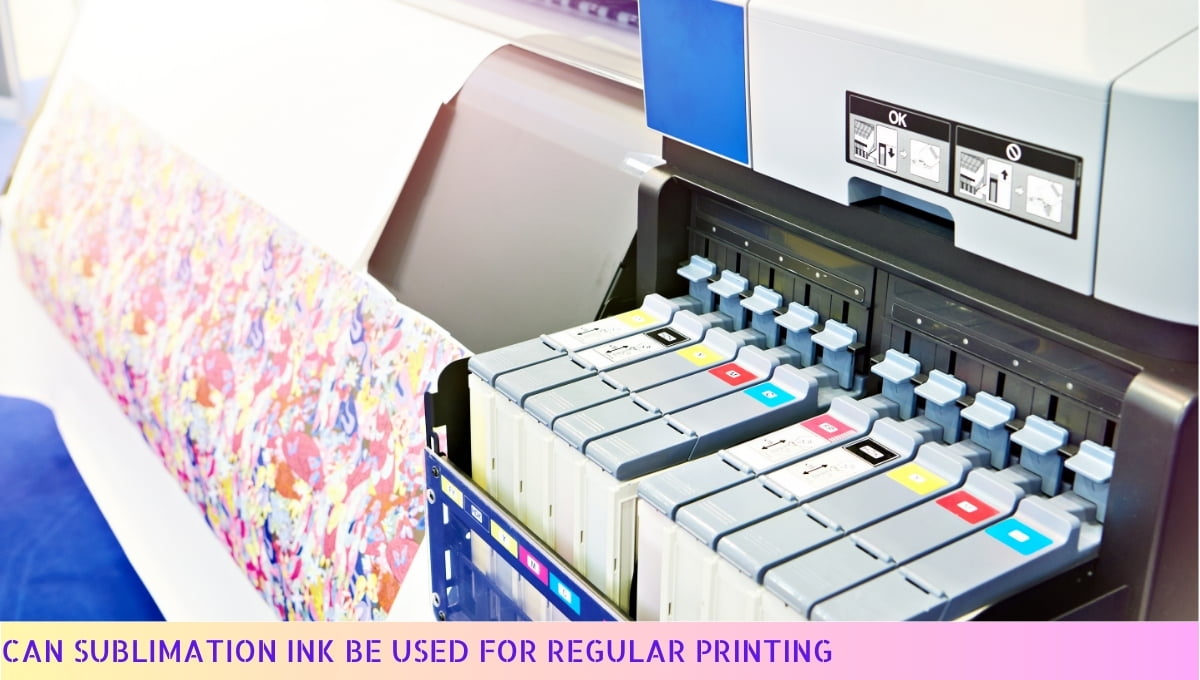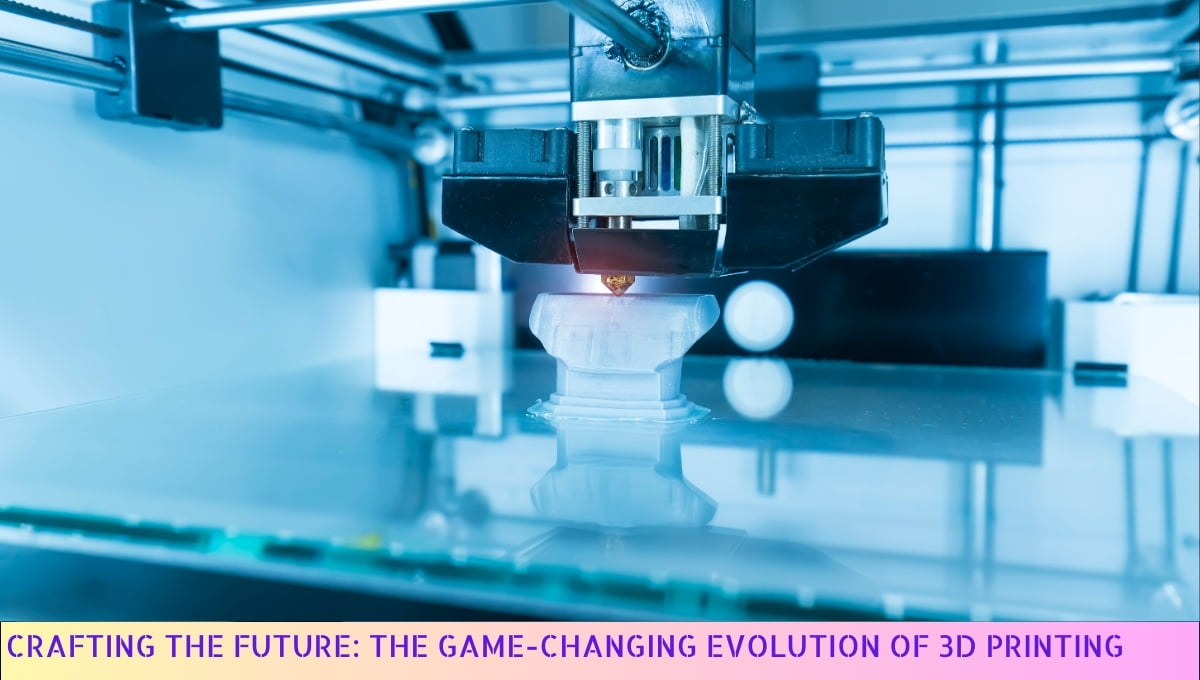Discover how Gutenberg’s Press revolutionized history and left a lasting legacy through the power of printing.
I. Gutenberg’s Press: Shaping History and Printing Legacies
The invention of Gutenberg’s printing press in the 15th century revolutionized the spread of knowledge, shaping history by making books and information more accessible to the masses, leading to the dissemination of ideas, the rise of literacy rates, and the democratization of knowledge.
Johannes Gutenberg’s invention of the printing press in the mid-1400s had a profound impact on society and culture.
Prior to the press, books were painstakingly copied by hand, making them expensive and accessible only to the elite.
Gutenberg’s press, with its movable type, allowed for faster and cheaper production of books, making them more widely available.
This led to an explosion of printed materials, including religious texts, scientific treatises, and literary works, which played a crucial role in the Renaissance, Reformation, and the Age of Enlightenment.
II. The Invention of Gutenberg’s Press
A Game-Changing Invention
Let me tell you a story about one of the most game-changing inventions in history – Gutenberg’s Press! This bad boy was created by a genius named Johannes Gutenberg back in the 15th century.
Now, hold on to your hats because this invention completely revolutionized the way information was spread.
Breaking Free from the Quill and Ink
Picture this, my friends: before Gutenberg came along, books were painstakingly written by hand. Can you imagine the amount of time and effort that went into creating just one book? It was a real labor of love, I tell ya. But Gutenberg had a different idea in mind. He wanted to make things easier, faster, and more accessible for the masses.
The Power of the Press
So, what did Gutenberg do? Well, he came up with a brilliant idea. He invented a printing press that used movable type. Now, I know that might not sound like a big deal to you, but trust me, it was a game-changer.
With this press, Gutenberg could arrange individual letters and characters to create words, sentences, and entire pages. It was like a magic trick, I tell ya!
Spreading Knowledge Far and Wide
Now, here’s where things get really interesting. With the invention of Gutenberg’s Press, knowledge was no longer confined to the elite. Oh no, my friends, it was available to anyone who could get their hands on a book.
And let me tell you, people were hungry for knowledge. They wanted to learn, to explore, to expand their minds. And thanks to Gutenberg, they could do just that.
A Printing Revolution
Gutenberg’s Press sparked a printing revolution, my friends. Books became more affordable and accessible than ever before. Ideas were shared, debates were sparked, and knowledge spread like wildfire.
It was a cultural explosion, a renaissance of information. And it all started with one man and his brilliant invention.
The Legacy Lives On
So, my friends, let’s raise a glass to Gutenberg and his incredible press. His invention changed the world, plain and simple.
It opened doors, broke down barriers, and brought knowledge to the masses.
And even though we live in a digital age now, we can’t forget the impact that Gutenberg’s Press had on society. It’s a legacy that will live on forever.
Stay tuned for more!
That’s it for now. But stay tuned because there’s more to come. In the next section, we’ll dive deeper into the impact Gutenberg’s Press had on society and knowledge.
So, buckle up and get ready for a wild ride through history. See you in the next chapter!
III. Impact on Society and Knowledge
The invention of Gutenberg’s press had a profound impact on society and knowledge. It revolutionized the way information was disseminated and transformed the world of communication.
Before the printing press, books were painstakingly copied by hand, making them rare and expensive.
Only the wealthy and educated had access to written knowledge. Gutenberg’s press changed this by making books more affordable and accessible to a wider audience.
The increased availability of books led to a surge in literacy rates as more people had the opportunity to learn to read. This, in turn, fostered a thirst for knowledge and sparked intellectual curiosity.
Ideas and information that were once confined to a small circle of elites could now be shared and debated by a larger community.
The printing press also played a crucial role in the spread of scientific knowledge. It enabled scientists to publish their findings and share them with others, accelerating the progress of scientific discovery.
The exchange of ideas facilitated by the press contributed to the Scientific Revolution, paving the way for advancements in various fields.
In addition to its impact on knowledge, the printing press also had significant social consequences.
It challenged the authority of the Catholic Church, which had previously held a monopoly on the production and dissemination of religious texts.
With the press, individuals could access and interpret religious texts themselves, leading to the Protestant Reformation and the fragmentation of Christianity.
The press also played a key role in the spread of ideas during the Renaissance and the Enlightenment.
It allowed for the circulation of works by philosophers, such as Descartes, Locke, and Voltaire, who challenged traditional beliefs and advocated for reason and individualism.
The dissemination of these ideas fueled social and political movements that shaped the course of history.
Gutenberg’s press revolutionized society and knowledge by making books more accessible, fostering literacy, accelerating scientific discovery, challenging established authorities, and promoting intellectual and cultural movements.
Its impact on communication and information dissemination cannot be overstated, and its legacy continues to shape our world today.
IV. Printing Legacies and the Spread of Information
The invention of Gutenberg’s press in the 15th century revolutionized the way information was disseminated, leaving a lasting impact on society and knowledge.
The printing press not only made books more accessible but also paved the way for the spread of ideas, the democratization of knowledge, and the preservation of historical records.
One of the key legacies of Gutenberg’s press was the ability to reproduce books at a faster rate than ever before.
Prior to the invention of the press, books were painstakingly handwritten by scribes, limiting their availability and driving up costs.
With the press, books could be mass-produced, making them more affordable and accessible to a wider audience.
Moreover, the printing press played a crucial role in the spread of information and the exchange of ideas.
The ability to produce multiple copies of books meant that knowledge could be shared across geographical boundaries and time periods.
Ideas could be disseminated more widely, leading to the advancement of science, philosophy, and literature.
The printing press also had a profound impact on the preservation of historical records. Prior to its invention, historical documents were vulnerable to loss or destruction.
With the press, these documents could be reproduced and preserved, ensuring that valuable historical knowledge was not lost to time.
Furthermore, the printing press played a pivotal role in the Protestant Reformation in the 16th century.
Martin Luther’s Ninety-Five Theses, which challenged the practices of the Catholic Church, were disseminated widely through printed pamphlets.
This led to a widespread religious and cultural upheaval, shaping the course of European history.
The spread of information and ideas facilitated by Gutenberg’s press had a profound impact on society. It fostered the growth of literacy, as more people had access to books and could learn to read.
This, in turn, led to an increase in knowledge and the development of critical thinking skills.
The press also played a role in the rise of the public sphere, as people could engage in intellectual discourse and contribute to the shaping of society.
Gutenberg’s press revolutionized the way information was disseminated and had a lasting impact on society and knowledge.
Its printing legacies include the mass production of books, the spread of ideas, the preservation of historical records, and its role in cultural and historical change.
The printing press paved the way for the democratization of knowledge and the advancement of society, leaving a profound and enduring legacy.
V. Gutenberg’s Press: A Catalyst for Cultural and Historical Change
When Johannes Gutenberg invented the printing press in the 15th century, he revolutionized the way information was disseminated and forever changed the course of history.
The impact of his invention was far-reaching, not only in terms of knowledge and society but also in shaping the cultural landscape of the world.
The Gutenberg press was a catalyst for cultural and historical change in numerous ways.
Preservation of Knowledge
Before the invention of the printing press, books were painstakingly copied by hand, making them rare and expensive.
Gutenberg’s press allowed for the mass production of books, making them more accessible to a wider audience.
This democratization of knowledge led to an explosion of intellectual growth, as people from all walks of life could now access and learn from a vast array of texts.
The printing press became a tool for preserving and disseminating knowledge, allowing ideas to spread across borders and generations.
Standardization of Language and Literature
Prior to the printing press, language and literature varied greatly from region to region. Gutenberg’s press played a significant role in standardizing language and literature by creating a uniformity in printed texts.
This standardization helped to solidify languages, making them more consistent and understandable.
It also facilitated the development of national identities and cultural unity, as people could now read and understand the same texts, fostering a sense of shared heritage and identity.
Scientific and Technological Advancements
The printing press played a crucial role in the dissemination of scientific and technological advancements.
With the ability to print scientific treatises, scholarly journals, and technical manuals, the spread of new ideas and discoveries accelerated.
This facilitated collaboration among scientists and scholars, leading to further advancements in various fields.
The printing press became a driving force behind the scientific revolution, enabling the rapid exchange of knowledge and the advancement of human understanding.
Political and Religious Reformation
The printing press also had a profound impact on political and religious movements. The ability to print and distribute pamphlets, manifestos, and religious texts allowed for the rapid dissemination of ideas and ideologies.
This led to the rise of political movements, such as the Protestant Reformation, which challenged the authority of the Catholic Church.
The printing press gave a voice to dissenting opinions and sparked intellectual debates that shaped the course of history.
Legacy and Influence
The legacy of Gutenberg’s press is undeniable. Its invention paved the way for the modern publishing industry and transformed the way information is shared and consumed.
The printing press revolutionized education, culture, and communication, shaping the world we live in today.
Without Gutenberg’s press, the Renaissance, the Enlightenment, and countless other cultural and intellectual movements may not have been possible.
The impact of the printing press on society and knowledge is immeasurable, and its influence continues to be felt in the digital age.
Frequently Asked Questions about Gutenberg’s Press
1. What was Gutenberg’s Press?
Gutenberg’s Press was a revolutionary printing machine invented by Johannes Gutenberg in the 15th century. It utilized movable type, allowing for the mass production of books and other printed materials.
2. How did Gutenberg’s Press shape history?
Gutenberg’s Press played a crucial role in the dissemination of knowledge and information during the Renaissance and beyond. It sparked a cultural and intellectual revolution, democratizing access to literature and accelerating the spread of ideas.
3. What were the main advantages of Gutenberg’s Press?
Gutenberg’s Press brought several advantages, including increased speed and efficiency in printing, lower production costs, and the ability to reproduce texts with precision. This allowed for the production of books on a scale never seen before.
4. How did Gutenberg’s Press impact literacy rates?
Gutenberg’s Press played a significant role in increasing literacy rates. With the availability of printed materials, more people had access to books and learning resources, leading to a rise in literacy and education levels.
5. What were some notable works printed using Gutenberg’s Press?
The Gutenberg Bible, the first major book printed with movable type, is the most famous work associated with Gutenberg’s Press. Other notable works include religious texts, scientific literature, and philosophical treatises.
6. Did Gutenberg’s Press face any challenges or opposition?
Yes, Gutenberg’s Press faced challenges and opposition. Some scribes and religious authorities felt threatened by the spread of printed materials and resisted the adoption of the printing press. Censorship and regulation of printed works were also introduced in some regions.
7. How did Gutenberg’s Press contribute to the Protestant Reformation?
Gutenberg’s Press played a significant role in the spread of Martin Luther’s ideas during the Protestant Reformation. Luther’s writings were widely printed and distributed, enabling his message to reach a larger audience and fueling the religious revolution.
8. What is Gutenberg’s Press’s legacy in the modern world?
Gutenberg’s Press revolutionized the way information is disseminated and preserved. It paved the way for the modern publishing industry and laid the foundation for the development of printing technologies that continue to shape our world today.
9. Are there any surviving Gutenberg Bibles?
Yes, there are still surviving copies of the Gutenberg Bible, although they are extremely rare and highly valuable. Around 49 copies are known to exist, with most of them held by libraries and museums.
10. How did Gutenberg’s Press influence the development of other printing technologies?
Gutenberg’s Press served as a catalyst for the development of other printing technologies, such as lithography, rotary presses, and eventually digital printing. It laid the groundwork for the printing industry’s continuous evolution and innovation.
Wrapping Up
As I reflect on the impact of Gutenberg’s Press, it becomes clear that this invention has played a crucial role in shaping history and leaving behind a lasting printing legacy.
With its ability to mass-produce books and disseminate knowledge, the printing press revolutionized communication, education, and the spread of ideas.
It paved the way for the Renaissance, the Reformation, and the Enlightenment, forever changing the course of human civilization.
Gutenberg’s Press not only made books more accessible, but it also empowered individuals to express their thoughts and challenge established authorities.
Its significance cannot be overstated, and its influence continues to be felt in the digital age.











